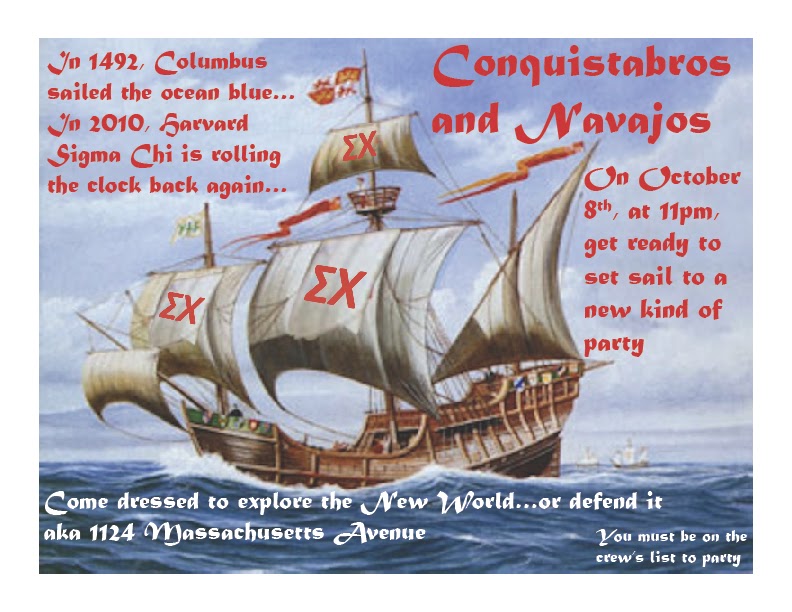
Cross-posted at Ms.
Happy A. sent in an article at comment dit-on about a new anti-domestic violence ad in Chile that tells men not to hit women by using openly homophobic language — specifically saying that a man who hits a woman is a “maricón,” the equivalent of “faggot”:
Translation of the main text: “A faggot is one who hurts a woman.”
It’s a blatant example of the way leftist groups often undermine each other, fighting one form of inequality or discrimination by reinforcing another (see: everything PETA ever did). The group that put out the PSA added that a man who hits a woman is “poco hombre,” or barely a man, reinforcing the idea that gay men are insufficiently masculine. As the comment dit-on post author says, “Clearly, a larger conversation needs to take place about what it means to be powerful and attitudes that marginalize the powerless.”
UPDATE: Reader chinamorena says, “adding an interesting layer is the fact that the second man who speaks in the ad is Jordi Castell, a publicly gay tv personality.”






